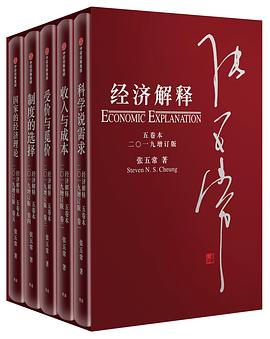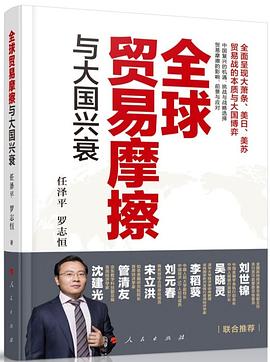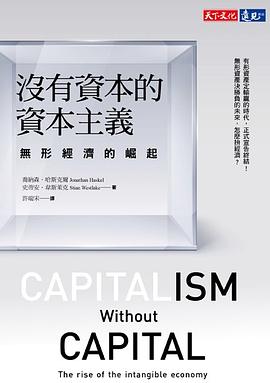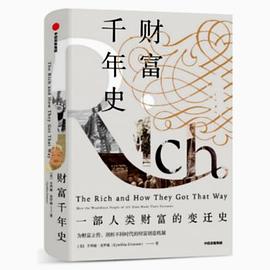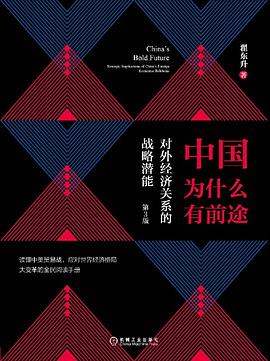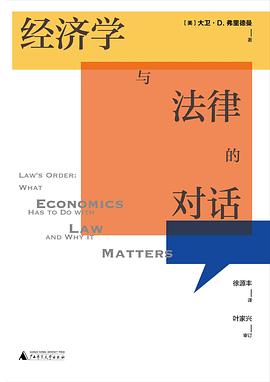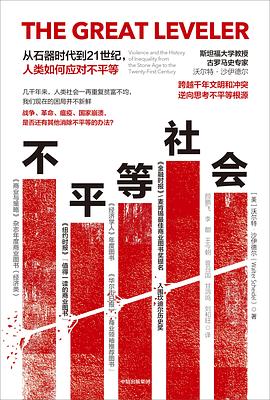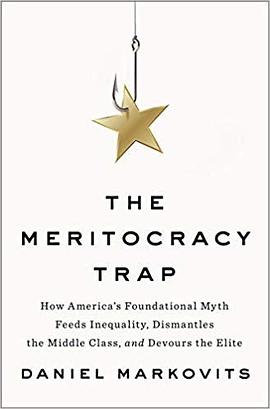

具体描述
A revolutionary new argument from eminent Yale Law professor Daniel Markovits attacking the false promise of meritocracy It is an axiom of American life that advantage should be earned through ability and effort. Even as the country divides itself at every turn, the meritocratic ideal - that social and economic rewards should follow achievement rather than breeding - reigns supreme. Both Democrats and Republicans insistently repeat meritocratic notions. Meritocracy cuts to the heart of who we are. It sustains the American dream. But what if, both up and down the social ladder, meritocracy is a sham? Today, meritocracy has become exactly what it was conceived to resist: a mechanism for the concentration and dynastic transmission of wealth and privilege across generations. Upward mobility has become a fantasy, and the embattled middle classes are now more likely to sink into the working poor than to rise into the professional elite. At the same time, meritocracy now ensnares even those who manage to claw their way to the top, requiring rich adults to work with crushing intensity, exploiting their expensive educations in order to extract a return. All this is not the result of deviations or retreats from meritocracy but rather stems directly from meritocracy's successes. This is the radical argument that Daniel Markovits prosecutes with rare force. Markovits is well placed to expose the sham of meritocracy. Having spent his life at elite universities, he knows from the inside the corrosive system we are trapped within. Markovits also knows that, if we understand that meritocratic inequality produces near-universal harm, we can cure it. When The Meritocracy Trap reveals the inner workings of the meritocratic machine, it also illuminates the first steps outward, towards a new world that might once again afford dignity and prosperity to the American people.
用户评价
##页面下很多评论都指出了这本书的问题:罗列了很多事实但是完全没有一点有深度的分析。6分是很合适的评价。
评分##时不时会有一本书,让我觉得把头脑里一直以来模糊的想法梳理清楚,片段的观念串珠成线,这本书就是这样的。“择优录取”表面看来是如此正确、先进、优良、公平的一个制度,但深挖下去,和很多东西一样,藏着各种黑洞。不,我并不认为我们需要打倒择优这件事——比起很多其他的制度,它依然是远远领先的,但是,意识到一件事情不那么“理所当然”,看到隐藏在褶皱里被人忽视的裂缝,以及这些裂缝里的人,和他们的挣扎,是任何社会、和制度前进的条件。另外一个有醍醐灌顶效果的是书里提到,既得利益阶级和他们的后代,同样是这种制度的受害者,就像剑齿虎夸张的獠牙已经偏离了进化的优势,却成为沉重的负担一样。所以在个人层面上,我在听这本书时想得最多的一句话就是,我不打算成为这个择优游戏的牺牲品,我也不会让我的孩子成为牺牲品。
评分##购买链接:https://item.taobao.com/item.htm?spm=a2oq0.12575281.0.0.50111debdVNCs7&ft=t&id=614736138997
评分哭了 精准的说出我对各种精英行业的抵触。It's a system that humiliates the middle class and grinds the elites—>我收回。老师的观点的确非常fierce但不得不说是一本非常repetitive的书。https://www.youtube.com/watch?v=3RITVJy7ogI&list=PLZqlasNR4OUDwpKqADRT79lr7P_zt08MV看这个辩论足矣
评分##时不时会有一本书,让我觉得把头脑里一直以来模糊的想法梳理清楚,片段的观念串珠成线,这本书就是这样的。“择优录取”表面看来是如此正确、先进、优良、公平的一个制度,但深挖下去,和很多东西一样,藏着各种黑洞。不,我并不认为我们需要打倒择优这件事——比起很多其他的制度,它依然是远远领先的,但是,意识到一件事情不那么“理所当然”,看到隐藏在褶皱里被人忽视的裂缝,以及这些裂缝里的人,和他们的挣扎,是任何社会、和制度前进的条件。另外一个有醍醐灌顶效果的是书里提到,既得利益阶级和他们的后代,同样是这种制度的受害者,就像剑齿虎夸张的獠牙已经偏离了进化的优势,却成为沉重的负担一样。所以在个人层面上,我在听这本书时想得最多的一句话就是,我不打算成为这个择优游戏的牺牲品,我也不会让我的孩子成为牺牲品。
评分##页面下很多评论都指出了这本书的问题:罗列了很多事实但是完全没有一点有深度的分析。6分是很合适的评价。
评分##最后的建议带有学者的天真。例子很多,但也有点啰嗦。不管怎么说,是时候讨论meritocracy的问题了,为这个加半星。
评分##也许有知识社会学的读法:What is conventionally called merit is actually an ideological conceit, constructed to launder a fundamentally unjust allocation of advantage. 作者分析了精英化对学术场域的影响,很贴近我的感受,之前也看到推上几个经济学教授在争论。
评分##the conjecture looks a bit fresh, but the elaborations and arguments could have been way more precise, smooth, and succinct. There are many drawbacks described, but may not due to meritocracy. The proposed fixes, are probably doomed to fail or abused...Many of the arguments boil down to one question: would there ever be a real equality?
相关图书
本站所有内容均为互联网搜索引擎提供的公开搜索信息,本站不存储任何数据与内容,任何内容与数据均与本站无关,如有需要请联系相关搜索引擎包括但不限于百度,google,bing,sogou 等
© 2026 book.teaonline.club All Rights Reserved. 图书大百科 版权所有




